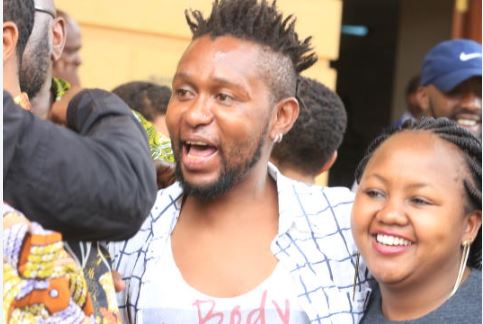×
The Standard e-Paper
Stay Informed, Even Offline

Debate on whether homosexuals should be allowed to openly associate and if same sex should be legalised started in 2013.
A year later, in 2014, the High Court drew first blood, ruling that homosexuals were free to form an association.